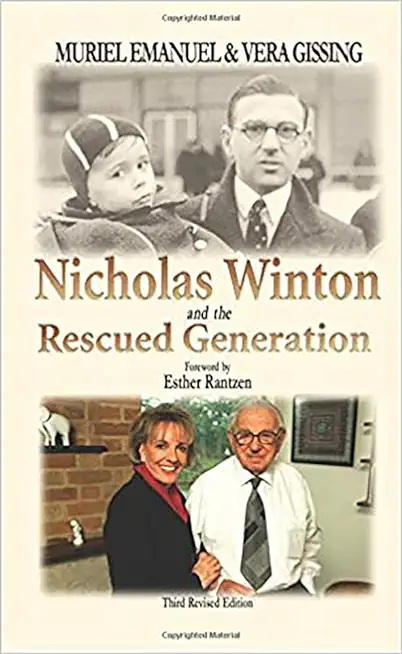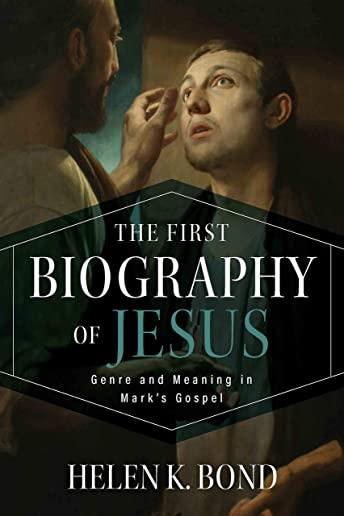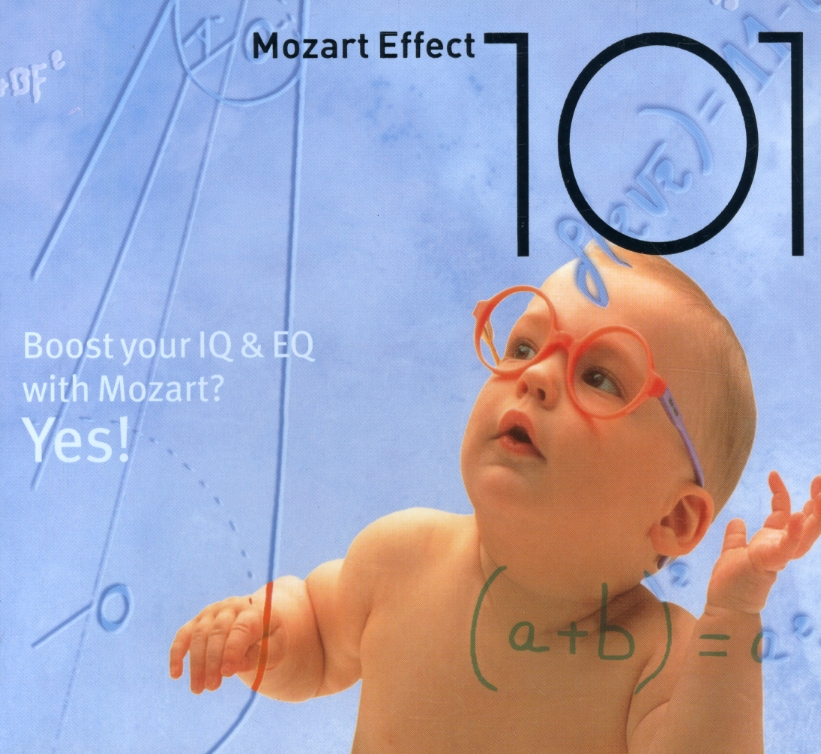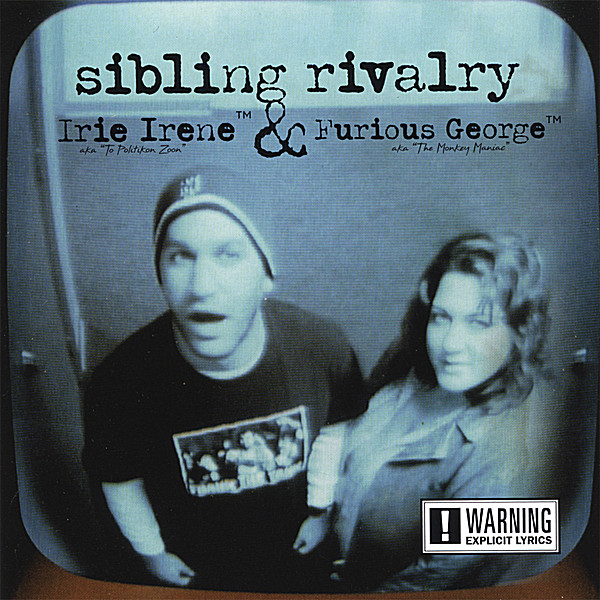
Emanuel, Muriel
product information
description
Prague in December 1938, he was shocked by the plight of thousands of refugees and Czech citizens desperate to flee from the advancing German army. A British organisation had been set up to help the adults, but who would save the children? Winton felt he could not walk away. He set up a makeshift office and in just three weeks interviewed thousands of distraught parents who had the courage to part with their children and send them alone to England. Armed with their details and photos, he returned to London to convince the Home Office of the urgency of the situation. He knew he was working against time. His supreme efforts resulted in eight trainloads bringing 669, mainly Jewish, children to London. For half a century these children, now dispersed and in their seventies, were unaware of the person to whom they owed their lives. To Winton, it was just a job. Even his wife knew nothing of what is undoubtedly his greatest achievement, until 1988, when clearing out the attic she came across documentation relating to the episode. From that moment, Winton's life was never the same again. Winton has been a remarkable humanitarian all his life. After the war, wishing to be involved with the rehabilitation of Europe's refugees, he worked for international organisations. He retired early, settled in Maidenhead and devoted himself to charitable works for which he was honoured with the MBE in 1983. Amongst other awards, he was granted the freedom of the City of Prague in 1991 and was awarded the Tomas Garrigue Masaryk Order by President Havel in a grand ceremony in Hradcany Castle in 1999. Nicolas Winton documentary (Power of Good) has won the 2002 International Emmy Award, in the category of TV documentary.
member goods
No member items were found under this heading.
Return Policy
All sales are final
Shipping
No special shipping considerations available.
Shipping fees determined at checkout.







